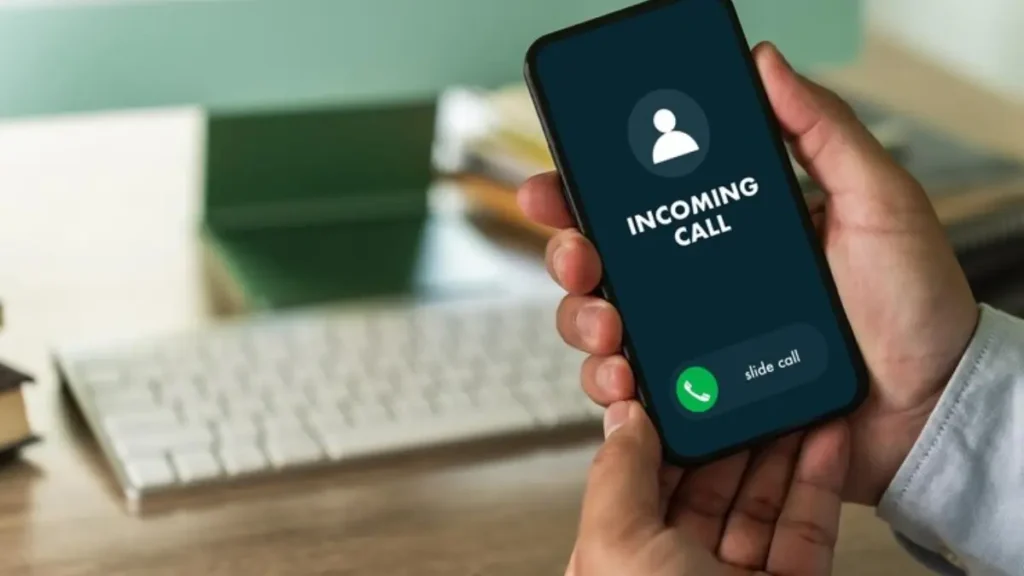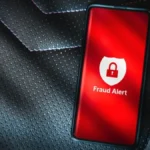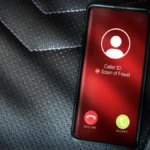Have you been getting calls, texts, or voicemails from 304-316-4837 and wondering if it’s a scam? Many people are reporting this number for suspicious behavior, including unwanted calls and strange messages. This article dives deep into what you need to know about 304-316-4837 and why it’s flagged as a scam. We’ll explore the types of messages, how scammers might try to trick you, and what steps you can take to stay safe. Whether you’re a concerned parent or simply want to protect yourself from fraud, this guide will walk you through everything you need to know.
What is 3043164837 and Why is it Reported as a Scam?
304-316-4837 is a phone number that many people report as being involved in potential scams. Reports about this number often mention people receiving text messages, calls, and voicemails that seem suspicious or threatening. Typically, scam numbers like these try to deceive people by creating a sense of urgency, offering fake prizes, or claiming to represent a legitimate business or government organization.
The 304 area code is from West Virginia, but scammers can use software to make it look like they’re calling from anywhere in the U.S. They do this to appear trustworthy or familiar. Because this number has been reported so often, it’s essential to be cautious and know what to watch out for.
Common Types of Scams Linked to 304-316-4837
1. Urgent Account Suspension Claims
Many people report receiving calls or messages from 304-316-4837 claiming that their account has been suspended or locked. The message might say something like, “Your account has been suspended due to suspicious activity. Call us back to resolve the issue immediately.” Scammers use this tactic to create urgency, hoping the recipient will panic and follow their instructions without question.
2. Threatening Legal Action
Another tactic used by scammers is to threaten legal action. You might receive a voicemail saying, “You’re facing legal action. If you don’t respond, the police may come to your door.” Messages like these are designed to scare you into acting quickly. Legitimate organizations would never threaten legal action without proper paperwork or documentation, so this is a red flag that the call is likely a scam.
3. Requests for Personal Information
In some cases, the caller might pretend to be from a financial institution, such as a bank or credit card company, asking for your account details to “verify” your identity. Legitimate companies will never ask for sensitive information like your bank account or social security number over the phone. If you receive a call from 304-316-4837 asking for personal details, hang up immediately.
What to Do If You Receive a Call, Text, or Voicemail from 3043164837
Receiving a suspicious message from 304-316-4837 can be unsettling, but there are simple steps to protect yourself. Here’s what to do if you think you’re dealing with a scammer:
- Do Not Respond
Avoid responding to any call, message, or voicemail from a number you don’t recognize, especially if it seems suspicious. Scammers often try to get a response to confirm that your number is active. Responding might lead to more unwanted calls. - Block the Number
Blocking the number on your phone can prevent further calls and messages. Most smartphones have the option to block numbers directly in the call or message history. - Report the Number
Report the number to your phone carrier, which may be able to take action against it. You can also file a report with organizations like the Federal Trade Commission (FTC), which tracks phone scams and works to stop them.
Reporting Scams to Authorities
If you’ve encountered a scam, reporting it can help others avoid it. Here are some organizations that accept scam reports:
- Federal Trade Commission (FTC): The FTC collects data on scams and works to shut down fraudulent operations. You can file a report on their website.
- Federal Communications Commission (FCC): The FCC oversees phone communication regulations and can take action against scammers.
- Local Consumer Protection Offices: Some local offices may also handle scam reports and work with federal agencies.
How to Identify Scam Calls from Numbers Like 304-316-4837
Identifying a scam call can be challenging, but there are certain signs to watch for. Here’s how to spot potential scams:
- Requests for Payment: If the caller asks for payment in the form of gift cards, prepaid debit cards, or wire transfers, it’s likely a scam. Scammers use these payment methods because they’re hard to trace.
- Claims of Legal Trouble: Threats of legal action, arrest, or penalties are common in scams. Legitimate companies don’t use threats to get in touch with you.
- Asking for Personal Details: Scammers often ask for your personal information, such as your social security number or credit card details, claiming it’s needed to “verify” your identity. Never share sensitive information with unknown callers.
- Caller ID Spoofing: Scammers can make it look like they’re calling from a local area code or even a trusted company. Don’t trust a number solely based on the area code.
How Scammers Use Fear and Urgency to Trick People
Scammers rely on two main emotions to trick people: fear and urgency. By creating a sense of panic, they can make you feel that you must act right away. Here’s how these tactics work:
- Fear: Messages that claim you’re in legal trouble or facing a penalty can scare people into reacting without thinking. Scammers know that fear can cloud judgment and make people more likely to follow instructions.
- Urgency: Phrases like “Act Now!” or “Immediate Action Required!” create a sense of urgency. Scammers want to prevent you from taking the time to verify their claims.
Conclusion: Stay Safe and Informed About Phone Scams
Receiving a suspicious call or message from 304-316-4837 can be unsettling, but by staying informed and knowing the warning signs, you can protect yourself and those around you. Remember to stay calm, verify the caller’s claims, and never share personal information with unknown callers. If you ever feel unsure about a call, it’s best to hang up and report it.


